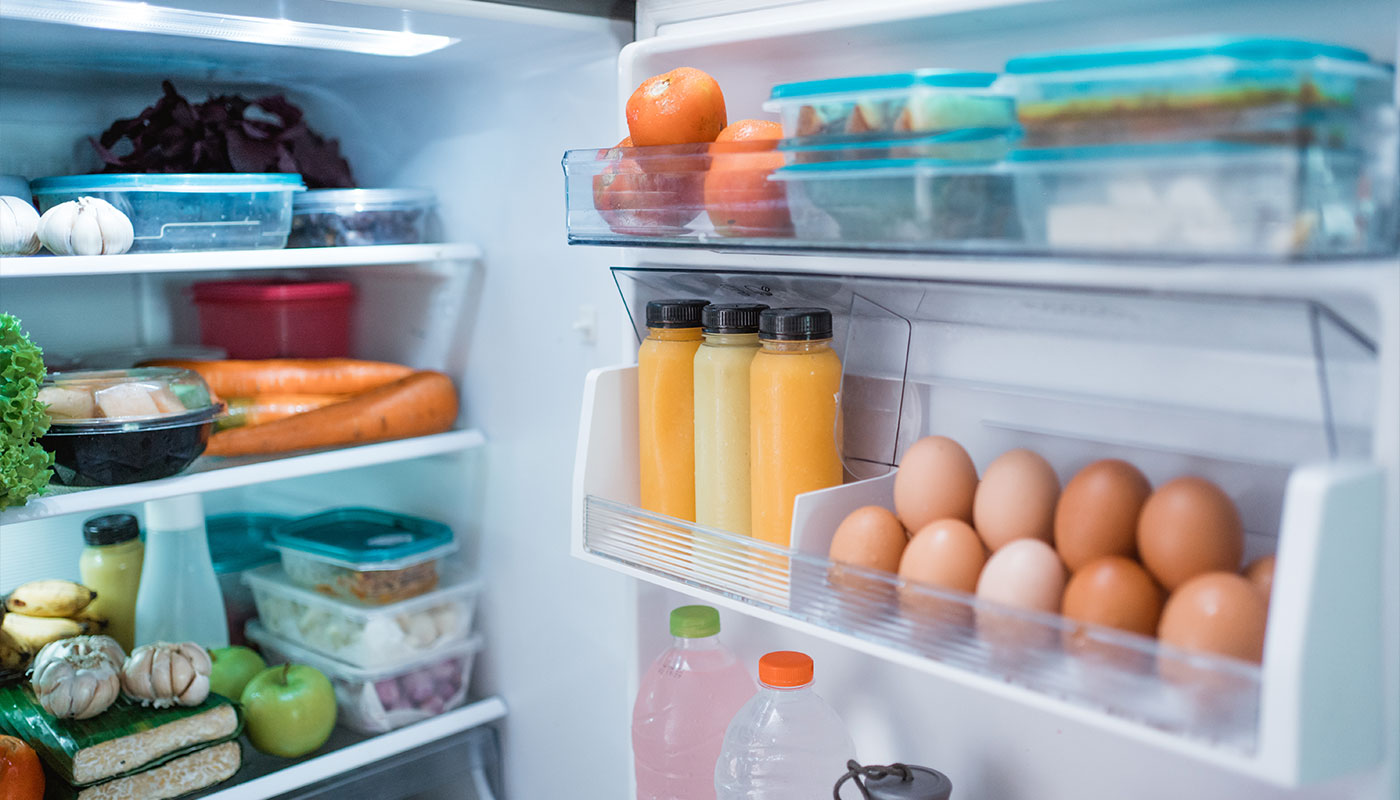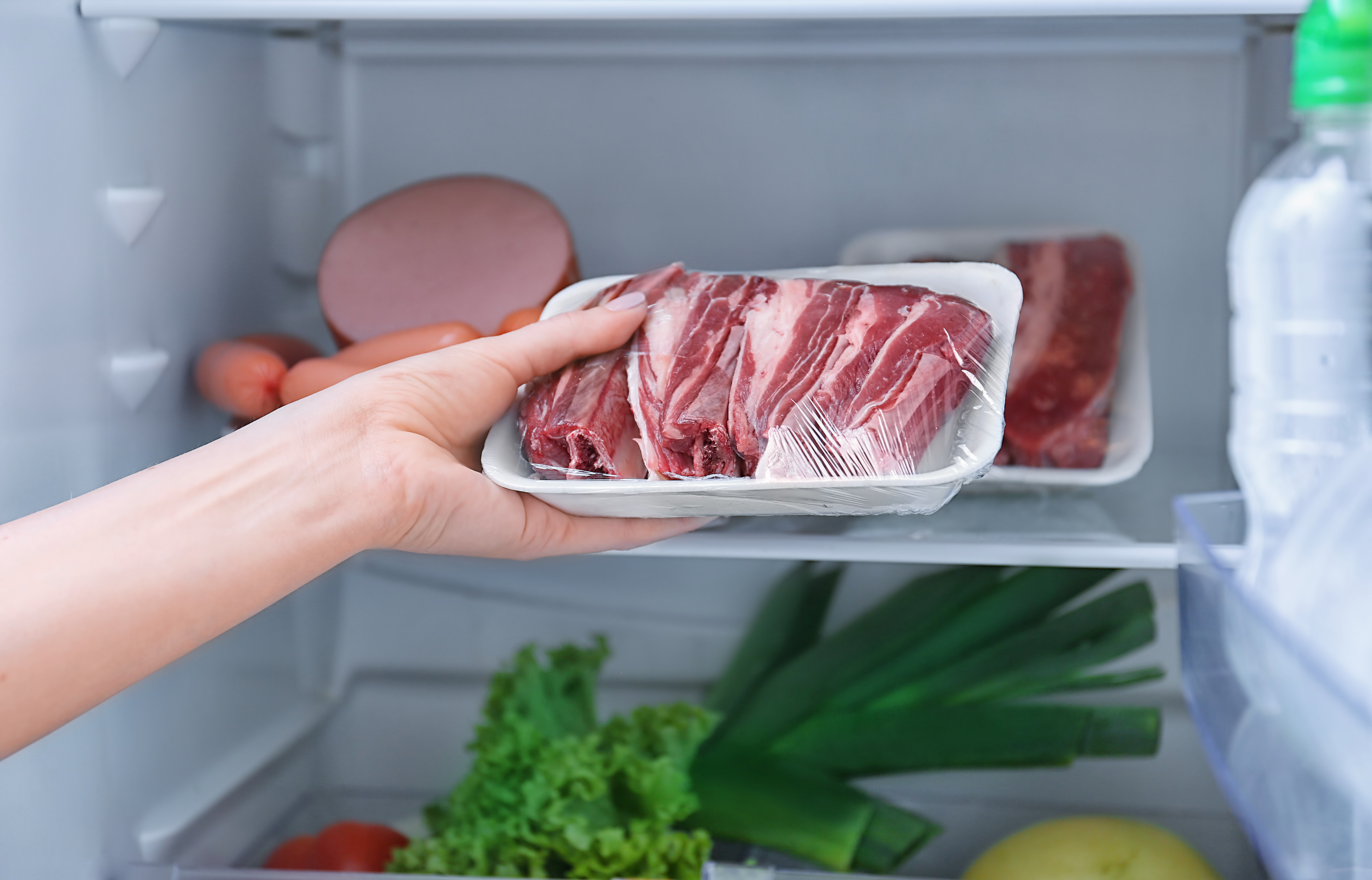Temperature for storing food: what is appropriate?
The temperature for storing food is even more important with the arrival of the hot weather. Find out how to keep your food safe.
how to shop
Share

Knowing the temperature at which to store foods or finding out which foods you should pay attention to during the summer are some of the things that can be of great help to us in avoiding much-feared food poisoning. Are you interested in knowing more? We’ll tell you everything below.
What is the appropriate storage temperature for foods?
An increase in temperature may shorten the life of the foods that we store in our kitchens, not just those that we keep in our cupboards or out of the fridge, but also those inside the fridge. With the coming of the hot weather, we eat more fresh food and we open the fridge more often, which results in a loss of cool air. This is why, during the summer it is necessary to lower the fridge temperature so that the food remains in better condition.
- Fridge should be kept at between 0oC and 7oC.
- Freezer should be kept at around -150C.
3 tips for maintaining your food in good condition during the summer
1. Carry out a general clean of the fridge and freezer to eliminate any potential bacteria, at least once a month.
2. Shop responsibly; that is, buy what you are planning to eat during the week. In summer , we recommend that you don’t accumulate too much food in your fridge, leave space between foods when storing them, and above all, check the consume by dates.
3. Organise the fridge adequately in order to maintain the storage temperature of the food: during the summer, it is not enough to regulate the fridge temperature, you also need to maintain it.
- Find out which products should go in the fridge and which ones should not:
- Foods that should go in the fridge: fruit, vegetables, meat, fish, eggs, dairy produce, etc. Take care! During this season, freezing meat and fish is recommended, unless you are going to eat it straight away.
- Foods that should not be stored in the fridge: hot or recently-cooked meals (they should be left to cool down first), dishes that are not covered with cling film or any other type of protection, or tins of preserved foods, among other things.
- You need to be aware of where you store the foods in your fridge and freezer. Each type of food should have their allocated space within the fridge, as each has their own temperature requirements. Find out here!
- Don’t constantly open the fridge: this makes it lose cold air and makes the food inside spoil more quickly, particularly those foods that are placed on the inside of the fridge door.
5 foods that you should keep an eye on over the summer
1. Dairy produce: during the summer, these should be exposed to ambient temperatures as little as possible, as they are prone to fungi, mould and bacteria, even when refrigerated!
2. Sauces and preparations made with raw egg: if you buy them ready-prepared, you should consume them in a short time. If they are made at home, it is preferable to throw away any leftovers to avoid the much-feared salmonella. Of course, you also need to be careful with eggs: find out how to detect if an egg is off here! > we can do a bi-dimensional in the magazine

3. Seafood, molluscs and fish: seafood should be consumed as soon as possible and should always have a characteristic smell of the sea. If it smells strong or tastes of ammonia, throw it away immediately.
4. Meat: in the same way as fish, if it is not going to be eaten straight away, it is preferable to freeze this for subsequent consumption. You should pay special attention to fowl meat, such as turkey, chicken and duck.
5. Ice creams, tiger nut milk, smoothies and slushies: are very sensitive to temperature fluctuations.






